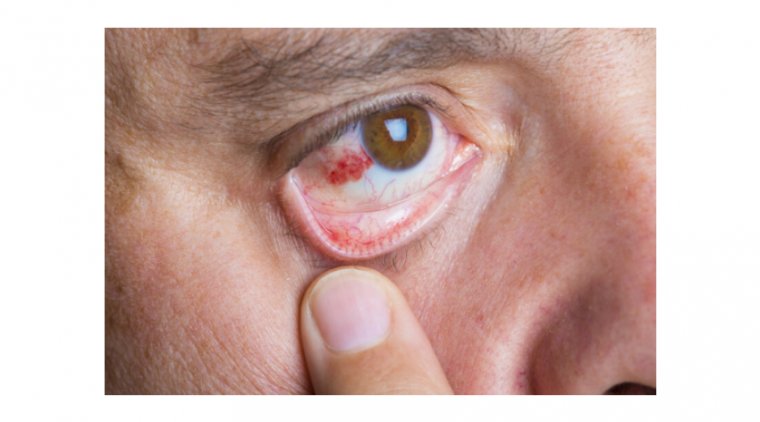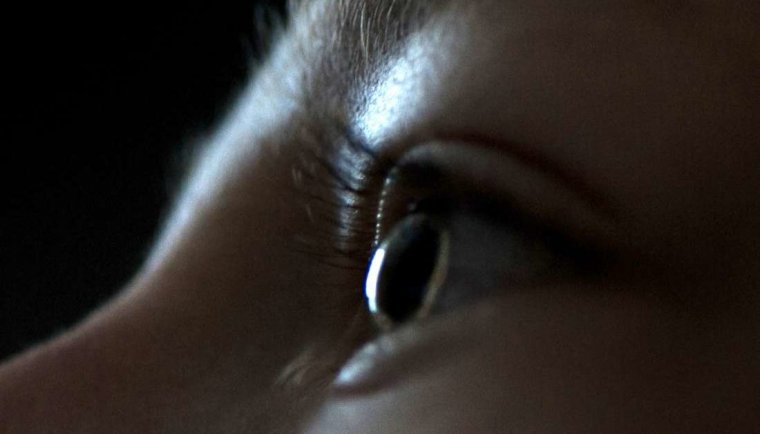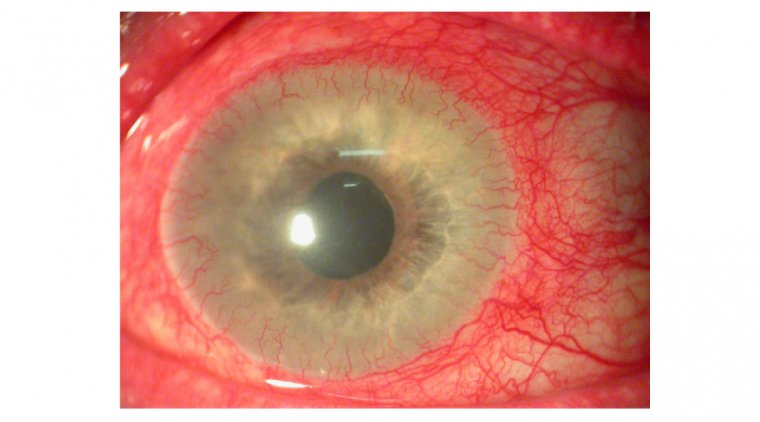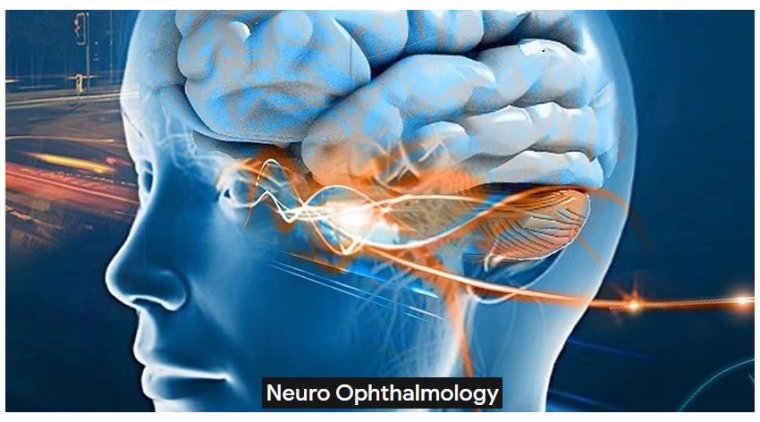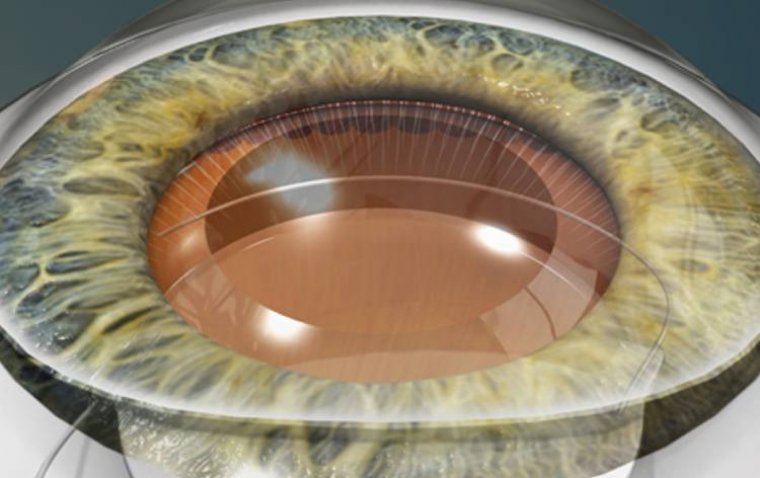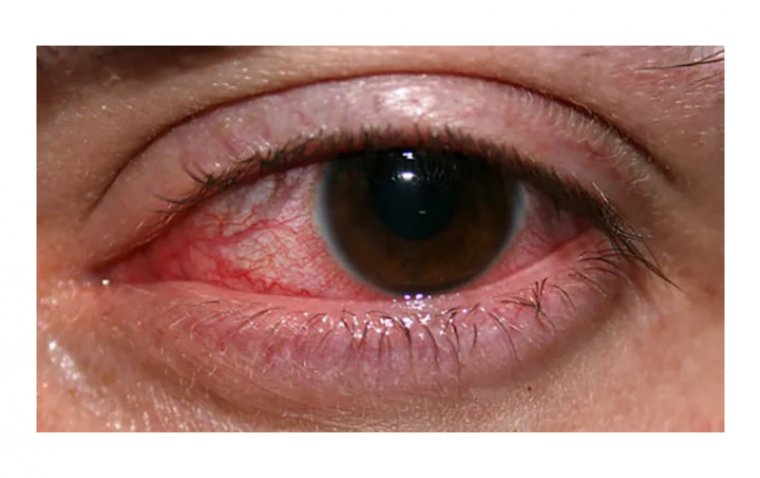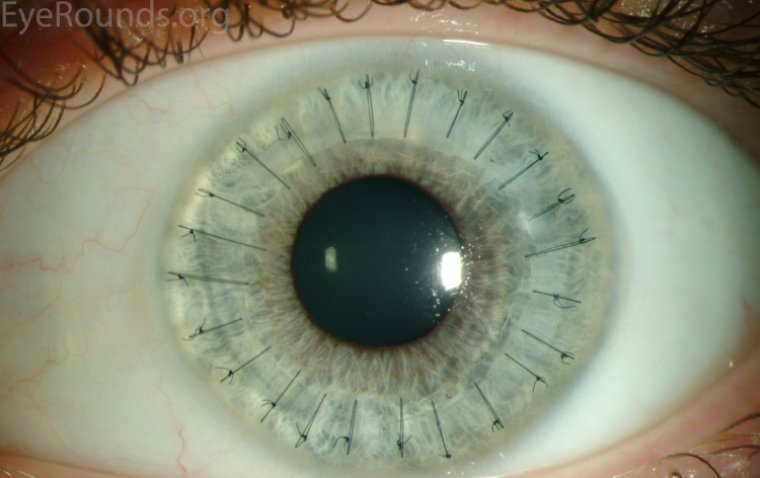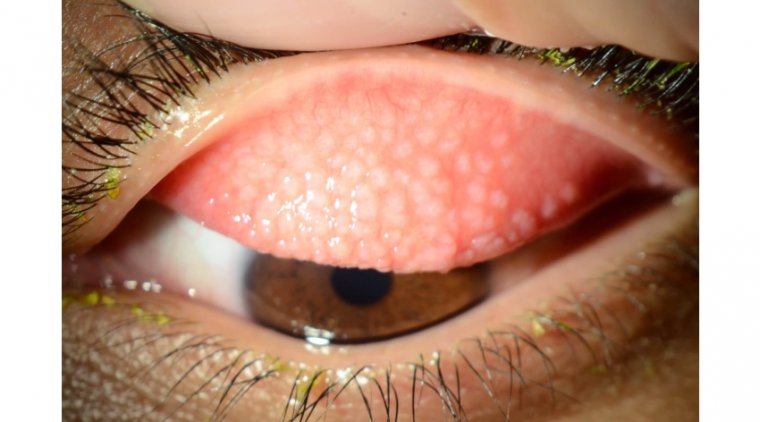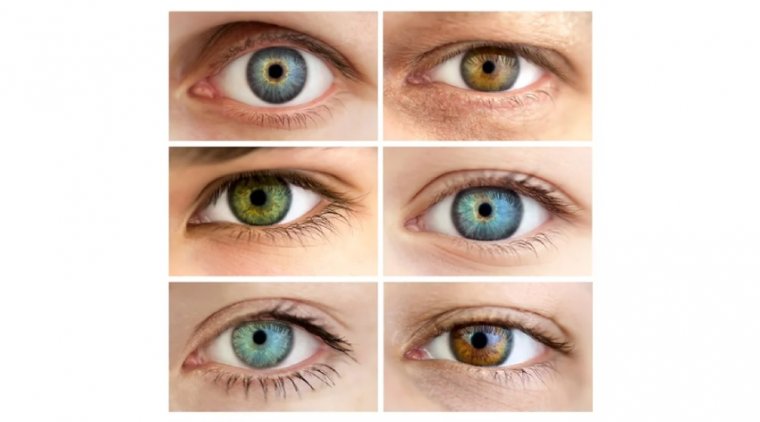
Can I Change My Eye Color?
How does eye color formation occur?
The color of the eye is defined by the pigmentation of the iris that surrounds the pupil – the small black hole in the center of the eye – and helps how much light should enter the center of our eyes. The color of the iris can go from light blue to dark Brown. Today the brown eye color is the most common one in the world.
Eye color depends on a person’s genes. Especially the genes that are involved in the production, transport the storage of the melanin pigment play a great role. What we call eye color is directly related to the amount of melanin stored in the front layers of the iris. People with brown eyes have a large amount of melanin, while people with blue eyes have way less.
There’s a part on chromosome 15 that plays a major role in determining eye color. In this part, there are two genes called OCA2 and HERC2. The protein P, which is produced by the OCA2 gene takes a role in the maturation of melanosomes. Melanosomes are the cellular structures that are responsible for the production and storage of melanin. Hence, the protein P plays a significant role in the present quantity of melanin in the iris.
Are black eyes real?
The color of the iris can go from very light to dark brown. There’s an eye disorder called aniridia which makes the eye look like there’s no iris. There’s a small ring of the iris, but it’s too small and the pupil is too large that it seems like the eyes are completely black. This condition results from a chromosome mutation.
Can eye color become lighter naturally?
For most people, the answer is no. Our eye color completes its maturation in infancy and remains the same for the rest of our lives. However, some people experience their eye color naturally becoming darker or lighter with age.
As mentioned earlier, melanin pigment plays an important role in determining eye color. The levels of melanin usually remain the same throughout life, but some factors can change them permanently. Conditions like pigmentary glaucoma, heterochromia, and multicolored eyes can affect eye color.
Does the sun make your eyes lighter or darker?
When we are exposed to a light source our body produces more melanin. Even if our eye colors are set, it’s possible to see a slight change in the eye color when you are exposed to sunlight. As a result, your eyes might look darker.
What causes your eyes to change color?
Heterochromia is a rare condition in which a person has two different colors of irises or multicolored ones. Only 1% of the population is affected by it.
There are different types of heterochromia. When the outer ring of the iris has a different color than the rest of it is called Central Heterochromia. When the color of one iris is different from the other, it’s called Complete Heterochromia. When an iris is multicolored it’s called Segmental Heterochromia.
Sometimes babies are born with this condition and it’s called congenital heterochromia. If the conditions occur later in life, it’s referred to as acquired heterochromia.
Usually, it doesn’t cause any damage to the vision but it’s wise to see an ophthalmologist to see if you have any other medical conditions.
Why do my eyes change from blue to green?
We perceive colors based on the light that bounces off objects and some of it will be reflected in the eyes. It’s not easy to observe this reflection in people with brown eyes, whereas in people with blue or green eyes the reflected light creates an illusion that the eye has shifted colors.
Clothing, a change in hair color, new pair of glasses can also have the same effect.
Can Sun Exposure Affect Eye Color
When we are exposed to sunlight we see a slight change in our eye color. It’s more visible if we have blue/green eyes.
Can eye color change instantly in sunlight?
Exposure to light causes our eyes to produce more melanin, which affects our eye color to appear slightly lighter or darker.
(1).jpg)
